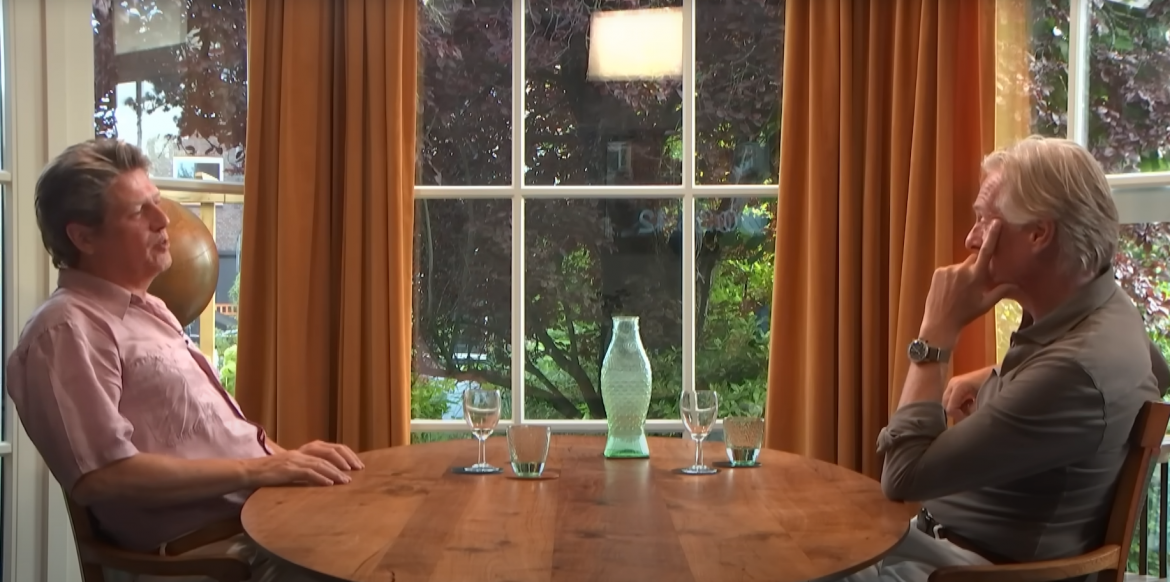1. Unlocking Your Daily Potential: How Thoughtfully Designed Personal Rituals Can Transform Your Productivity and Bring Meaning to Your Routine
In today’s fast-paced world, productivity isn’t just about ticking off tasks; it’s about cultivating a sense of purpose and mindfulness in how we approach our day. One of the most powerful tools to achieve this is through the art of creating personal rituals—intentional, meaningful routines that set the tone for the day, foster focus, and reinforce your values and goals.
Personal rituals are more than mere habits; they are deliberate acts imbued with meaning, designed to prepare the mind and body for the tasks ahead. Think of them as mental and emotional anchors—small acts that signal the start of a productive period or help transition between different states of mind. When thoughtfully crafted, these rituals can do wonders for your mental clarity, motivation, and overall efficiency.
For example, starting your morning with a dedicated meditation, journaling session, or a brief walk can cultivate a calm and focused mindset before jumping into work. Similarly, ending your workday with a reflection or gratitude practice can help you detach from work-related stress and reset for the next day. Such rituals are instrumental because they establish consistency, create structure, and shape your mental habits consciously.
Moreover, personal rituals are deeply personal—they reflect your values, preferences, and specific goals. If you find joy and meaning in your routines, you’re more likely to uphold them consistently. The key is to design rituals that resonate with you individually, making them feel natural rather than burdensome.
Ultimately, when you incorporate intentional rituals into your daily routine, you unlock untapped potential. These small but profound acts can enhance your concentration, reduce stress, and imbue your day with a sense of purpose, transforming ordinary routines into powerful catalysts for productivity and well-being.
2. Building Lasting Habits Through Intentional Rituals: Practical Strategies to Integrate Personal Rituals into Your Life for Consistent and Sustainable Productivity Gains
Creating personal rituals that stick requires more than just initial motivation; it involves strategic planning, consistency, and a deep understanding of what works best for you. Here are practical strategies to help you embed meaningful rituals into your life that promote lasting habits and sustainable productivity improvements.
Start Small and Be Specific:
Initiate rituals that are manageable and clear. Instead of aiming to overhaul your entire routine, begin with one or two intentional acts, like a 5-minute morning breath exercise or a dedicated planning session at lunchtime. Over time, these small routines build momentum and become ingrained habits.
Align Rituals with Your Goals and Values:
Your rituals should serve your broader objectives, whether it’s improving focus, reducing stress, or fostering creativity. For instance, if you value mindfulness, incorporate meditation or mindful breathing. If you aim to boost energy, try stretching or a quick walk. When rituals reflect personal significance, they become more meaningful and easier to maintain.
Create Environment Cues:
Design your environment to trigger your rituals. Place your journal or meditation cushion in a designated spot, or set a specific background music for your ritual time. Environmental cues make the routine easier to initiate and reinforce the habit.
Establish a Consistent Schedule:
Consistency is key to habit formation. Decide on specific times for your rituals—morning, midday, or evening—and stick to them. Over time, these practices will become automatic parts of your daily rhythm.
Use Reminders and Accountability:
Leverage technology—reminder alarms or habit-tracking apps—to prompt your routines. Additionally, sharing your goals with a friend or accountability partner can boost your commitment and provide encouragement.
Be Flexible and Patient:
Life is unpredictable, and some days may not go as planned. Allow room for flexibility, and don’t be discouraged by setbacks. Focus on progress, not perfection, and celebrate small wins to build confidence and motivation.
Evolve and Personalize:
Your needs and preferences change over time. Regularly review your rituals—are they still meaningful? Do they serve your goals effectively? Adjust and personalize them as needed to keep your routines aligned with your evolving life.
By intentionally designing and consistently practicing personal rituals, you create a reliable framework that supports sustained productivity. These routines not only help you stay on track but also foster a deeper connection with your purpose and well-being, turning everyday actions into meaningful steps toward your success. Whether it’s a calming morning routine or an energizing midday ritual, these small but intentional acts can collectively transform your approach to work and life, leading to more meaningful, consistent, and sustainable productivity.







